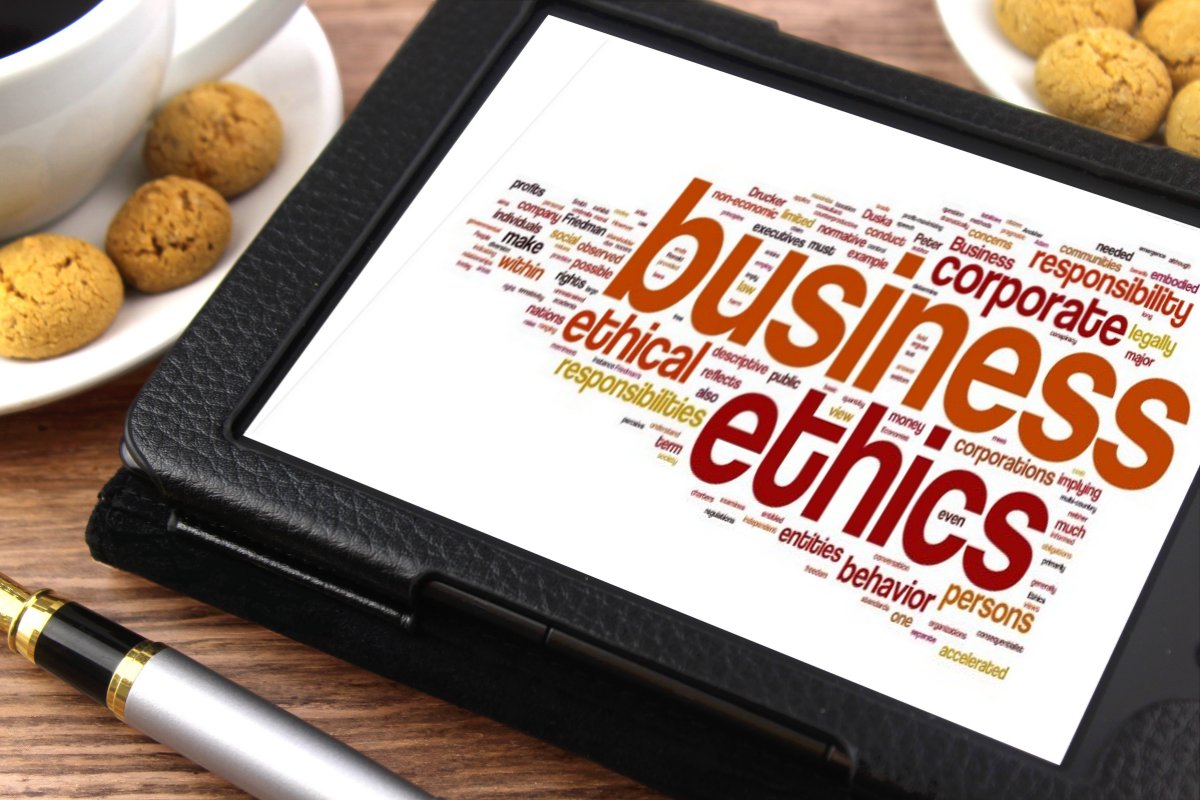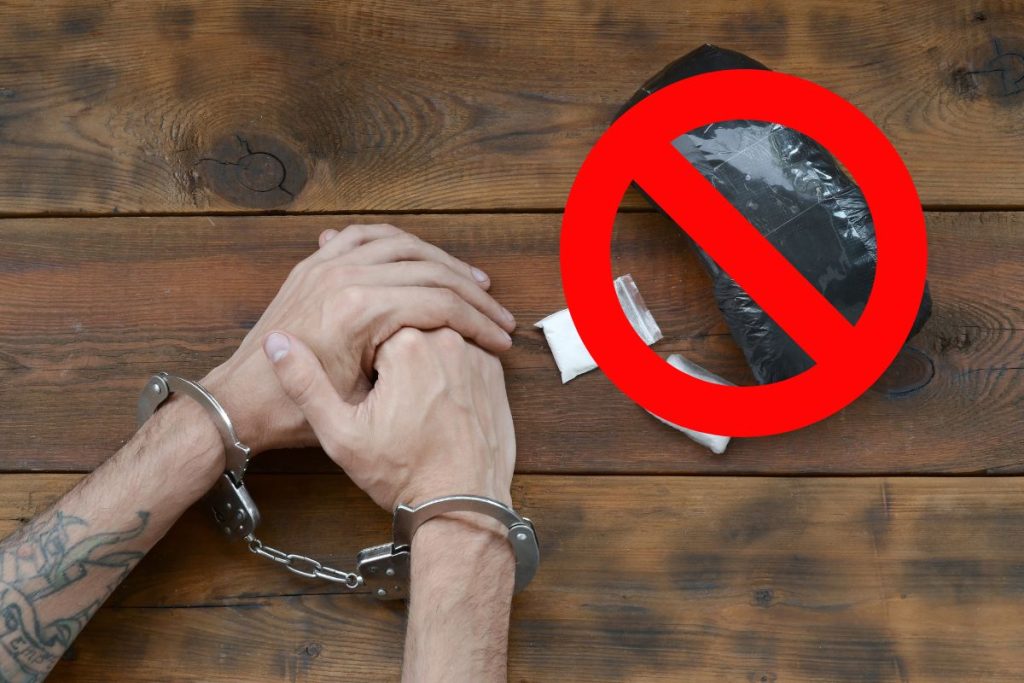
Wilhelm Lilliehook is Explaining Levels of Business Ethics
According to the CEO of Kelcas Corporation – Wilhelm Lilliehook, companies that pride themselves on its business ethics and make it a priority has proven to be more successful than those that don’t. Why won’t this be? Good business ethics makes a good business sense and has a huge impact on the long-term profitability of an organization. “Shareholders, investors, and Partners want to be associated with an organization with honesty and integrity. Suppliers want to work with one that values good ethical behavior. Talents have interest only in those that are renowned for ethical behavior. The fact is when unethical behavior is discovered, the confidence is lost, trust is eroded and it might take years to build back the image that took you decades to build.” Wilhelm Lilliehook says.
Hence, when an organization maintains good ethical behavior, it enhances the reputation, gains a competitive advantage, attracts more investors, and even makes employees happy.
Here, Wilhelm Lilliehook, a renowned businessman and the owner of Kelcas Corporation, an oil company delves deeper into the levels of business ethics common practices that can help the organization maintain good ethical behavior.
Table of Contents
Levels of Business Ethics
Wilhelm Lilliehook examines 3 levels of business ethics or ethical standards based on expectations and the evaluations of actions which are:
1. National Level
Business Ethics are defined and influenced by the wider environment in which business operates. Businesses are expected to follow the societal rules of conduct, laws, and polices and carry out operations according to the national and international rules and standards. The society defines its rules, and what is expected to be proper behavior in which a business must abide by it. For instance, organizations are expected to:
- Follow guidelines for environmental protection such as recycling;
- Adhere to employee protection in regards to wages and salaries;
- Give back to the community in the form of charity or fundraising to promote goodwill and image.
Organizations should be aware of these to see how they can have an impact on their environment locally, nationally, and even internationally.
2. Company Level
This applies to all aspects of business conduct within an organization says Wilhelm Lilliehook. They are norms, values, ethical and unethical conduct, principles that guide an organization and act as the ethical standards that must be followed. Here are ways to ensure that ethical standards are followed within an organization:
- Have a clearly written code of ethics and conduct;
- Trained staff members and managers on ethics and specify penalties for violation;
- Have a confidential reporting system for potential violations;
- If in doubt about ethical behavior, conduct quick ethics check, or make available ethical situations advice such as advice lines.
3. Individual Level
Organizations might have their laid downs rules and mode of conduct, adherence to these principles relies on the individual which are the employees. Humans at a personal level already have their mode of behavior that has shaped them over the years through their upbringing, culture, peer groups, and many more. Organizations need to take caution in order to avoid conflicts and create a climate that fosters ethical behavior through:
- Being a role model for your employees;
- Educate and train employees about business ethics;
- Provide tips and advice when ethical situations arise;
- Motivate employees through rewards or bonuses for their ethical behavior;
- Provide for an environment for personal and professional growth.
October 7, 2020
















